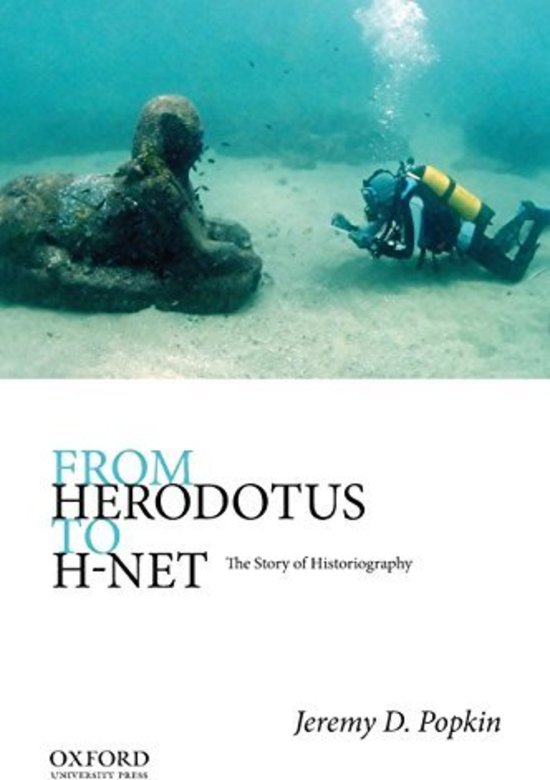College aantekeningen
Historiografie Hoorcollege 7-12
- Instelling
- Universiteit Leiden (UL)
Aantekeningen van hoorcollege 7 t/m 12 van Historiografie door Felicia Rosu! Zeer gedetailleerd en goedkoop! Perfect als je de colleges gemist hebt of als je ze nog eens door wil lezen ter voorbereiding van het tentamen! De colleges zijn in het Engels gegeven, dus de aantekeningen zijn ook in het E...
[Meer zien]





